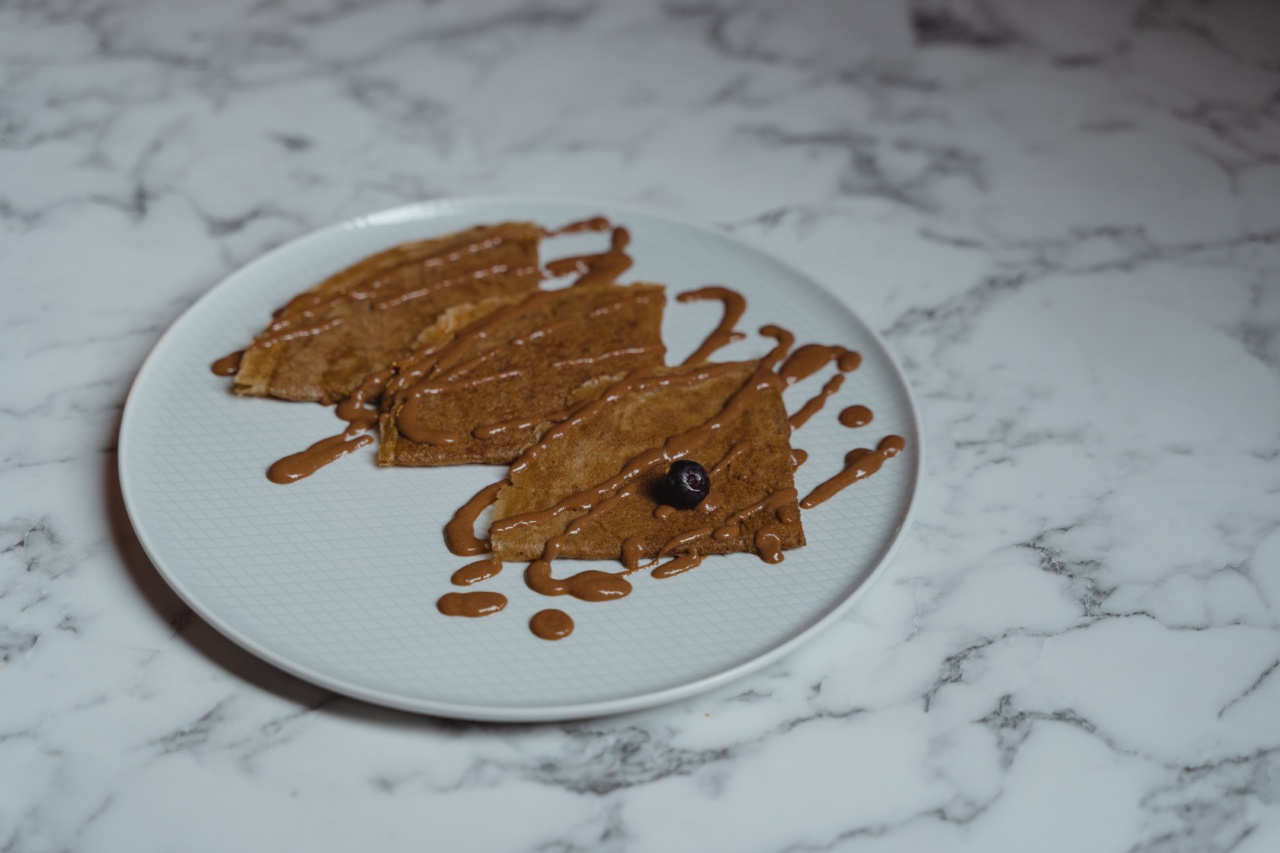Peanut allergy is one of the most common food allergies, affecting approximately 1-2% of people globally. It is a potentially life-threatening condition, with symptoms ranging from mild to severe reactions such as anaphylaxis.
The only current treatment is avoidance of peanut and peanut-containing products.
What is Immunotherapy?
Immunotherapy is a treatment that involves introducing small amounts of an allergen to a patient over time.
The objective of this treatment is to develop tolerance to the allergen by gradually increasing the amount of the allergen introduced into the body. There are different forms of immunotherapy, including subcutaneous immunotherapy (allergy shots) and sublingual immunotherapy (allergy drops or tablets).
Immunotherapy for Peanut Allergy
The goal of immunotherapy for peanut allergy is to induce tolerance to peanuts, enabling individuals to consume peanuts without experiencing an allergic reaction.
The idea is to repeatedly expose the immune system to small amounts of peanuts over time, gradually increasing the amount of peanuts introduced into the body.
Limited Success of Conventional Immunotherapy for Peanut Allergy
Currently, the only form of immunotherapy that has been approved by the U.S. Food and Drug Administration (FDA) for peanut allergy is sublingual immunotherapy (SLIT).
However, the effectiveness of SLIT has been limited, with only about 30-40% of subjects achieving desensitization.
The Role of Blueberries in Immunotherapy for Peanut Allergy
Researchers are investigating the use of blueberries as a supplement to immunotherapy for peanut allergy.
Blueberries have been found to have immunomodulatory and anti-inflammatory effects, which could help improve the outcomes of peanut allergy immunotherapy.
Blueberry Polyphenols and Immunomodulation
Blueberries contain a high concentration of polyphenols, which have been found to have immunomodulatory effects.
Studies have shown that blueberry polyphenols can reduce the production of pro-inflammatory cytokines and increase the levels of anti-inflammatory cytokines in the body. This suggests that blueberries may have the potential to help regulate the immune system and reduce allergic reactions.
Blueberries and Mast Cell Stabilization
Mast cells are a type of white blood cell that plays a key role in allergic reactions. When an allergen binds to a mast cell, it triggers the release of histamine, causing the symptoms of an allergic reaction.
Blueberry polyphenols have been found to stabilize mast cells, preventing them from degranulating and releasing histamine. This could help reduce the severity of allergic reactions.
Current Research on Blueberry Immunotherapy for Peanut Allergy
Several studies have been conducted to investigate the potential of blueberries as a supplement to peanut allergy immunotherapy.
In a randomized, double-blind, placebo-controlled trial published in the Journal of Allergy and Clinical Immunology in 2013, 27 subjects with peanut allergy were treated with peanut SLIT with or without blueberry SLIT for 44 weeks. The results showed that the combination therapy was well-tolerated, and there was a trend towards greater peanut desensitization in the blueberry group compared to the placebo group.
Another study published in the Journal of Nutritional Biochemistry in 2016 investigated the effects of blueberry polyphenols on immune function and allergic response in mice.
The results showed that blueberry polyphenols had immunomodulatory effects and reduced the severity of allergic reactions in the mice.
Conclusion
While the use of blueberries as a supplement to peanut allergy immunotherapy is still in the early stages of research, the initial results are promising.
By stabilizing mast cells and modulating the immune system, blueberry polyphenols may help improve the outcomes of immunotherapy for peanut allergy. Further research is needed to confirm these findings and determine the optimal dosage and duration of blueberry supplementation for peanut allergy immunotherapy.






























